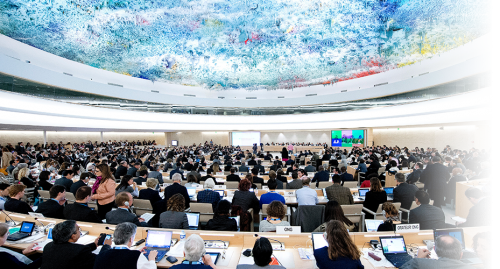“The normal treatment of governmental regulation of markets makes a sharp distinction between the ordinary market for goods and services and the activities covered by the First Amendment-speech, writing, and the exercise of religious beliefs -which [. H. Coase] call[s], for brevity, "the market for ideas." […] What is the general view that [R. H. Coase] will be examining? It is that, in the market for goods, government regulation is desirable whereas, in the market for ideas, government regulation is undesirable and should be strictly limited. In the market for goods, the government is commonly regarded as competent to regulate and properly motivated. Consumers lack the ability to make the appropriate choices. Producers often exercise monopolistic power and, in any case, without some form of government intervention, would not act in a way which promotes the public interest. In the market for ideas, the position is very different. The government, if it attempted to regulate, would be inefficient and its motives would, in general, be bad, so that, even if it were successful in achieving what it wanted to accomplish, the results would be undesirable.”

